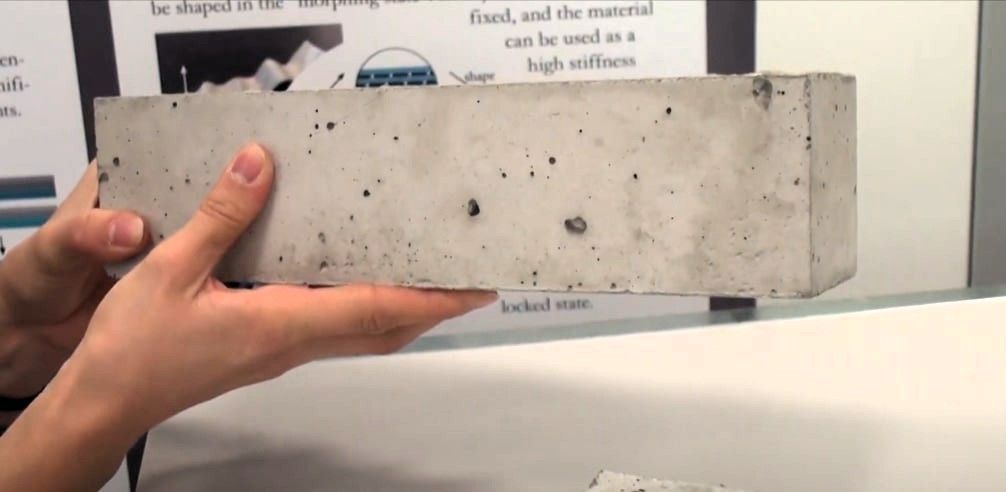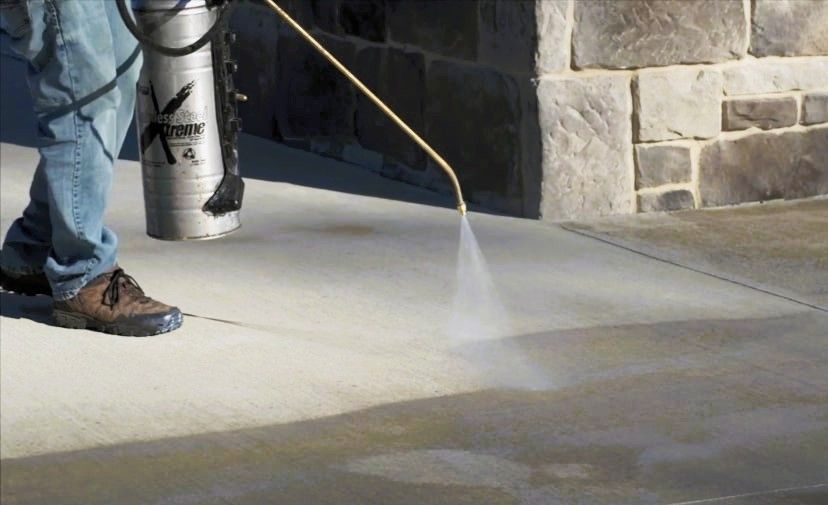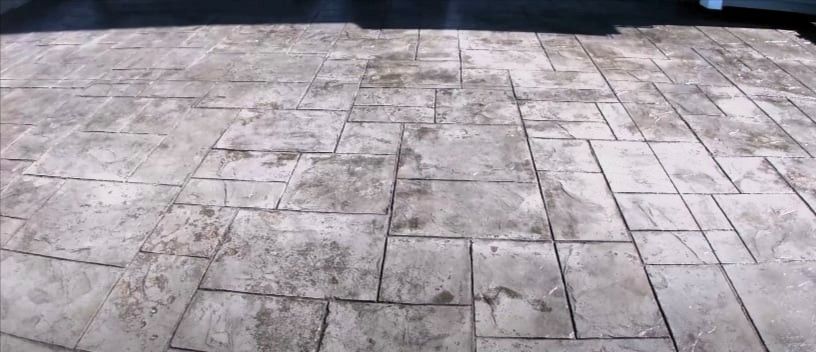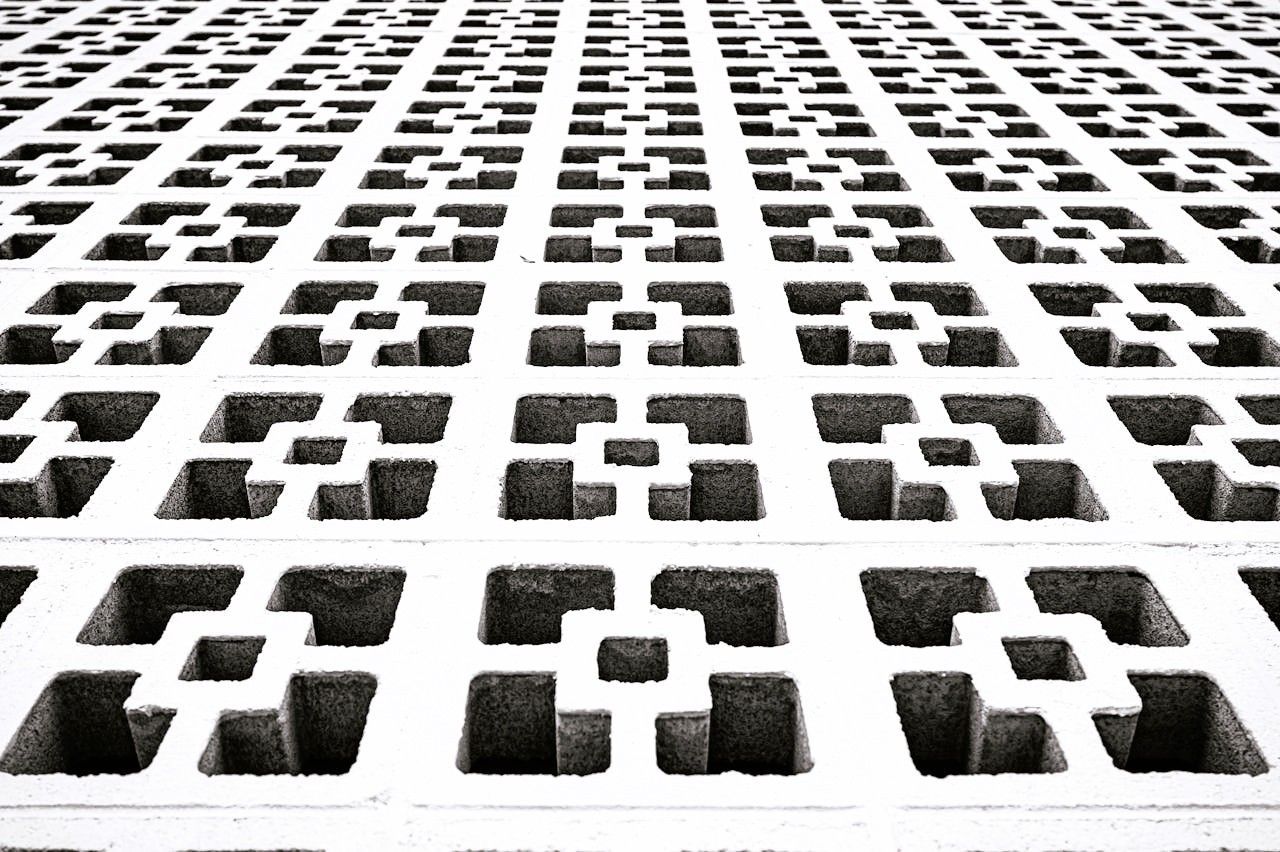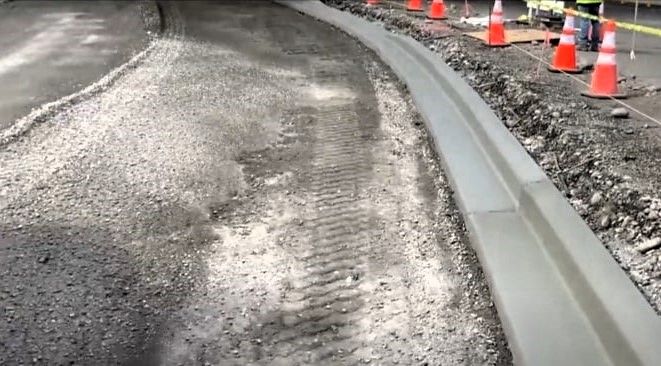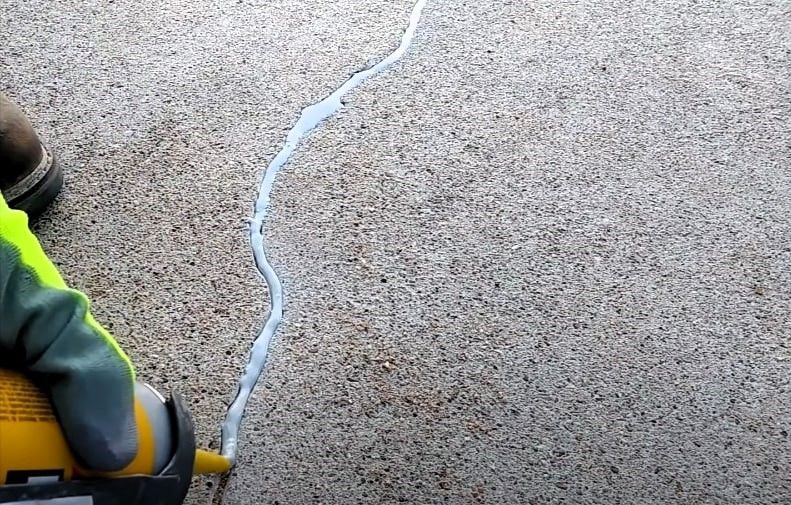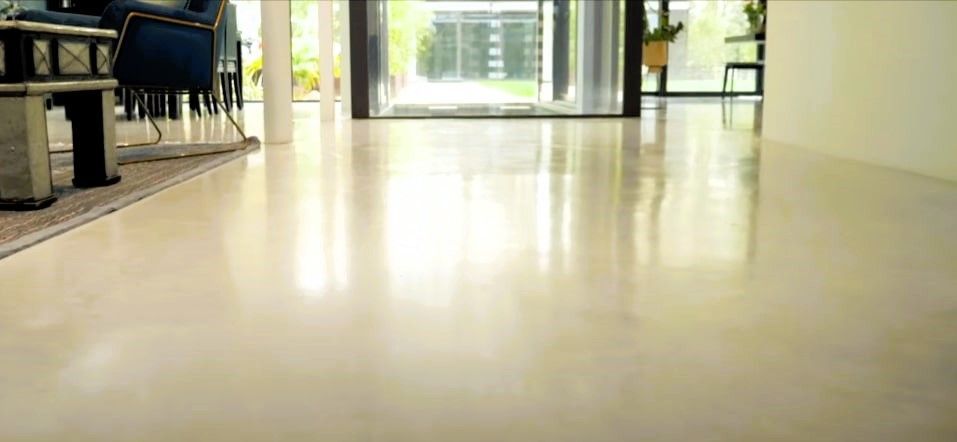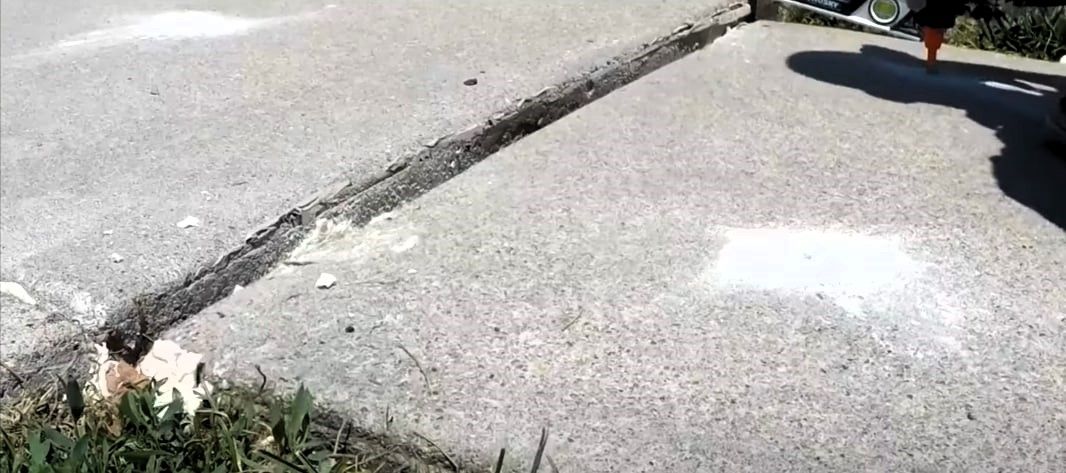Everything You Need to Know About Sealing Concrete
What you need to know about sealing concrete
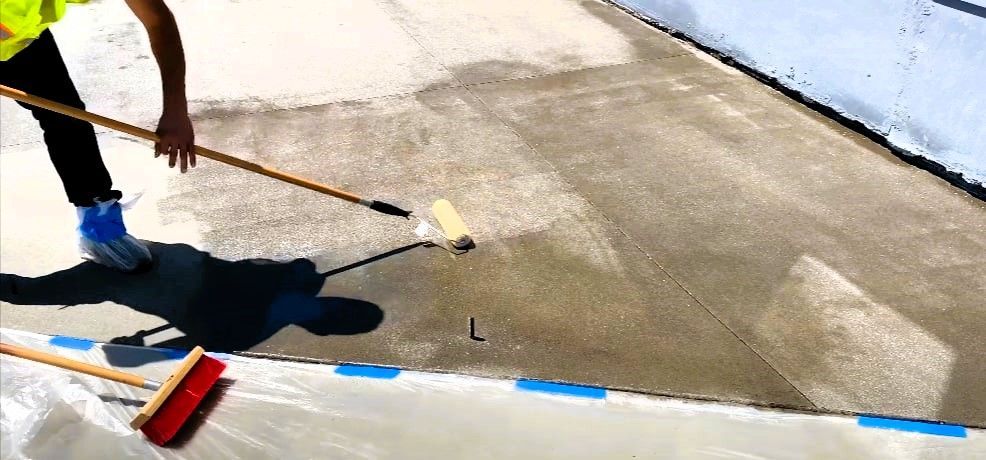
Concrete is like the unsung hero of your home. It's in your driveway, your patio, maybe even your garage floor—working hard every day to support the structure and enhance your living space. But sometimes even heroes need a little TLC to keep performing their best. That's where sealing comes in. You might be thinking, "Why do I need to seal concrete? Isn't it tough enough?" Well, today we're going to break down why sealing your concrete is more important than you might think. We'll cover everything from the benefits and types of sealants to application tips and troubleshooting. Ready to give your concrete the care it deserves?
Why You Should Seal Your Concrete
Because concrete is a porous material – it has millions of super-small openings that let air and moisture pass through – it will literally fall apart if you do not seal it off. Over time, concrete will crack, stain and grow mold. Sealing the concrete helps to prevent this from happening. Here’s what you’ll get by sealing:
- Better durability: Sealing will prevent cracks and other damage, extending the life of your concrete.
- Improved looks: A sealant can give your concrete a shine, or enhance its natural shade.
- Stain prevention: The sealant isn’t porous and won’t absorb liquids.
- Scratch prevention: It can protect the concrete from abrasions.
- Chemical damage prevention: Sealants create a barrier against the elements, so weather won’t react with the concrete.
- Low maintenance: Easy to clean and maintain as dirt and debris don’t penetrate the protective layer.
- Improved safety: An impermeable surface is less slippery, making it safer.
But don’t take our word for it—your wallet will thank you, too! Sealing your concrete will save you money on repairs over the life of the concrete and can even increase your home’s value if you wish to sell.
Types of Sealants
Now that you know why sealing your driveway is important, let’s discuss the types of sealers. There are two main types of sealers: penetrating sealers and topical sealers.
Penetrating Sealers
These sealants should be applied to concrete when it is wet. The idea is that the sealant penetrates deep into the concrete, filling the pores and creating a chemical barrier. The end result is that the concrete does not look any different, making them most effective where foot traffic or contact with water or chemicals is frequent.
Topical Sealers
These sealers float on top of the concrete surface and provide a protective barrier. The finishes can vary from glossy to matte and some enhance the color of the concrete. Topical sealers are perfect for enhancing the aesthetic appeal of decorative surfaces. Popular types include acrylic, epoxy, and polyurethane. Acrylic sealers are affordable and easy to use, but need to be reapplied every couple of years. Epoxy sealers are practically indestructible and chemical-resistant, making them a great choice for heavily-trafficked areas. Polyurethane sealers combine durability with various finishes—so you can have the best of both worlds!
Applying Sealant
Ready to seal your concrete? Here are some general tips to keep in mind:
- Make it clean: Clean the surface before applying the sealant. Remove any debris or stains beforehand.
- Pick the right product: This is crucial! Different types of sealants are made for different concrete areas. Choosing the right product is essential.
- Follow the manufacturer’s directions: Each sealant will have its own application instructions and drying times.
- Use the right equipment: Some sealants are sprayed on, while others are best applied with a roller or brush. The right tools ensure a smooth finish and even spread.
- Two or more coats usually do the trick: In most cases, two or more coats of sealant will be necessary.
How Often to Seal Your Concrete
It all depends on the type of sealer and how much foot traffic the area sees. Generally, you’ll want to reseal every one to three years with a topical sealer, and every three to five years with a penetrating sealer. Always check with your sealer’s manufacturer for specific advice.
When in doubt, hire a pro! They know what to look for under local conditions and can provide valuable insight. A professional can tell you if your concrete is ready for sealing and offer recommendations based on their experience. And if self-application isn’t your thing, definitely consider hiring someone who can take care of it for you!
Troubleshooting Sealant Issues
Sealing concrete can be a bit tricky, especially the first time. Here are some common issues and how to fix them:
- A bubble or blister: This can occur if air gets trapped between coats. Sand out the raised spot and reapply the sealcoat.
- White residue: This happens when too much finish is applied. Give it another coat and lightly sand it down to resolve the problem.
- Flaking or peeling: This usually indicates issues with surface prep or application. Re-seal after power washing and ensure proper surface preparation.
To avoid these problems, closely follow product instructions, select the right sealant, and take great care of your concrete.
Conclusion
Every homeowner should seal their concrete to protect their investment! It’s an easy way to safeguard against the elements and boost curb appeal. A little time spent now can save you from larger headaches later on. If you have questions or need help, don’t hesitate to
give us a call. We’re here to answer your questions and provide professional advice to ensure your concrete looks great for years to come.


